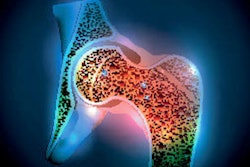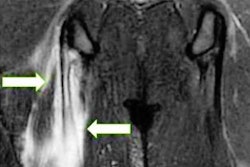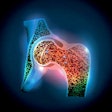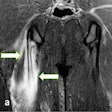
Health professionals are having difficulty communicating with and caring for patients who present for diagnostic imaging following suicide attempts, Irish researchers have reported.
A team led by Michelle O'Connor, PhD, from University College Dublin, found that radiographers reported insufficient patient history on imaging referrals and challenges in communicating with suicidal patients, which many attributed to lack of training. However, they also expressed interest in education related to caring for such patients.
"Almost all respondents had some experience of imaging suicidal patients yet described feeling inadequately prepared to care for these patients, supporting the need for further education," O'Connor and colleagues wrote in an article published on 5 September in Radiography.
While previous studies have analyzed the experiences, attitudes, and educational needs of several healthcare professional groups in caring for suicidal patients, the researchers pointed out that radiographers have not been included.
To address this knowledge gap, O'Connor team surveyed radiographers working in 23 acute hospitals across Ireland. Their study included data from 104 radiographers, 100 of whom reported having experience with imaging suicidal patients. Of 81 radiographers who further described their experience imaging these patients, 63 were involved in fewer than 21 cases.
The team found the following themes in its survey findings:
- Radiographers were confident in justifying and optimizing imaging exams. However, 48% reported not being confident in communicating with and caring for these patients.
- Radiographers reported insufficient patient history on imaging referrals and challenges in communicating with suicidal patients.
- Most radiographers (72%) reported interest in continued professional development related to caring for these patients. They also felt that this should include an introduction to psychiatry and strategies for communicating with suicidal patients.
The researchers also found that 94% percent of respondents reported not receiving any training in caring for suicidal patients, and that 84% stated they were unable to recognize suicidal patients. Radiographer age, years of experience, and exposure to patients in crisis had no statistically significant influence on self-reported ability to identify suicidal behavior.
Finally, the survey respondents overall ranked the following skills as the most important in caring for suicidal patients: listening, empathy, patience, compassion, and communication.
The study authors wrote that based on these results, education should be provided to radiographers to improve their confidence in caring for distressed patients.
"Furthermore, clinicians should be reminded to disclose patients' suicide attempt to radiographers when referring them for diagnostic imaging," they added.
The full report can be found here.
















